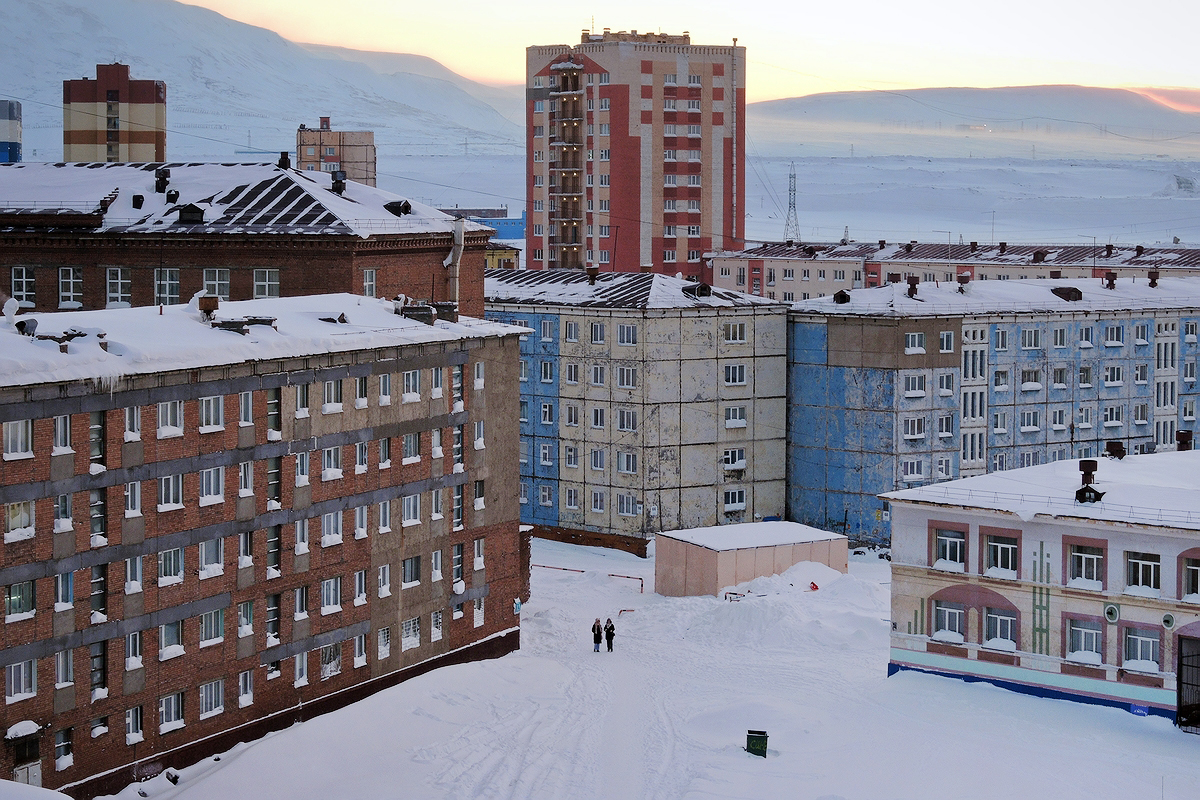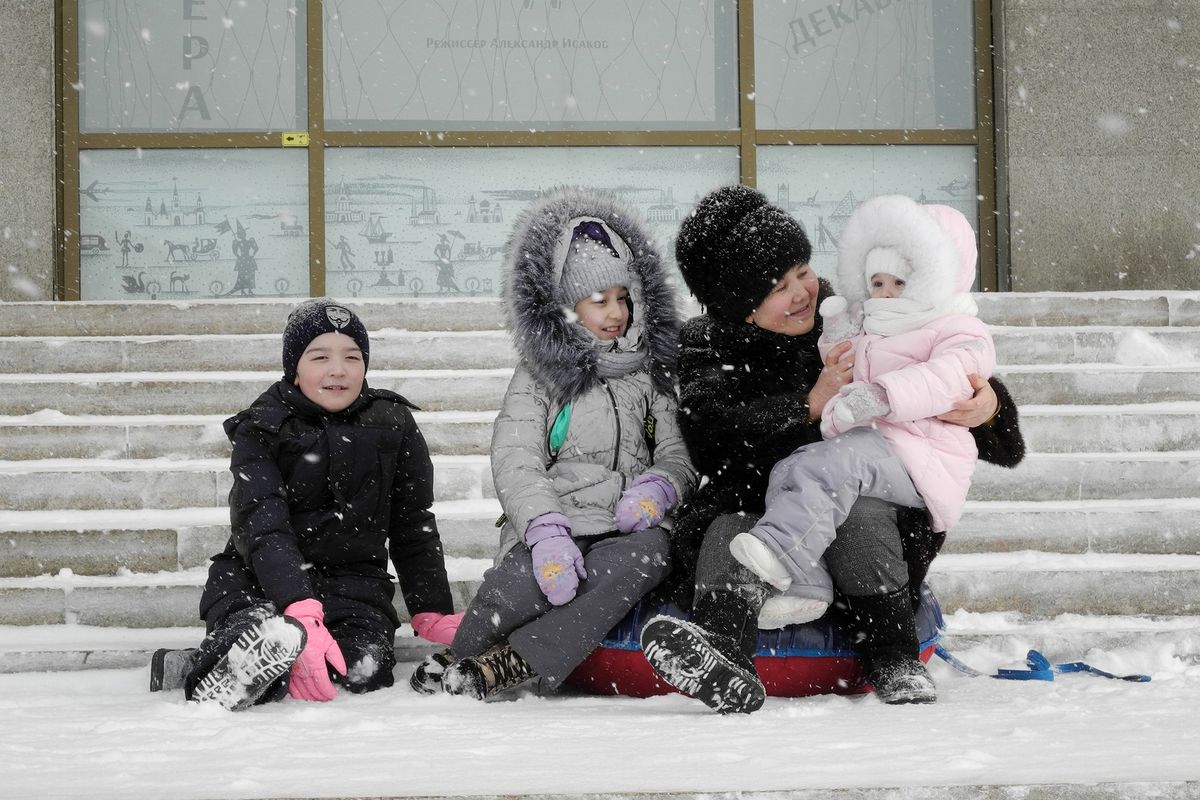#ARCTIC. #SIBERIA. THIS IS TAIMYR. The researchers studied if people are satisfied with their life in the Arctic, what motivation they have for moving, in order to stay in high latitudes.
The survey involved 962 residents of the Arctic zone of the Russian Federation. A study on the socio-psychological factors of migration was conducted by the Arctic Development Project Office (PORA).
It turned out that more than half of the respondents – 59 percent – are going to live and work in the Arctic. 43 percent do not plan to change their place of residence to another region, of which 19 percent believe that their children will choose a non-Arctic region to live. 27 percent are going to change jobs in a few years, 31 percent express their intention to leave the Arctic in a few years: the main reason for moving is the lack of prospects for children.
From other categories of the survey, the following indicators were formed:
more than 80 percent enjoy the nature beauty and richness;
communication with good people is valued by 78 percent of respondents;
more than half of the respondents answered that they feel in their place – 63 percent;
the sense of security due to the low crime rate is valued by almost 60 percent;
57 percent feel strong and courageous, because these qualities are necessary for life in the Arctic;
54 percent feel happy;
52 percent can be realized professionally.
“It is necessary to attract people to the Arctic not by the pathos of the place, by romance, by a challenge. It is necessary to use two factors: patriotism and love for a small homeland and a good money reward. The survey shows that it is important to take measures to retain and attract young people to the Arctic, including young families”, said Alexander Stotsky, director general of PORA.
By the way, among those born in the Arctic there are three times more respondents who consider the feeling of patriotism and love for their small homeland to be the reason for continuing to live here. Newcomers (those who arrived less than 20 years ago) are twice as likely to say that they have a good income only here.
In addition, people were asked what they like and dislike about life in the Far North. Among the advantages there are the polar day, the availability and quality of children’s educational institutions, as well as the quality of local food. But among the minuses there are poor transport accessibility and general isolation from civilization, poor opportunities for leisure and poor accessibility of medical services.
Follow us on Telegram, VKontakte.
Text: Marina Horoshevskaya, Photo: Nikolay Shchipko







